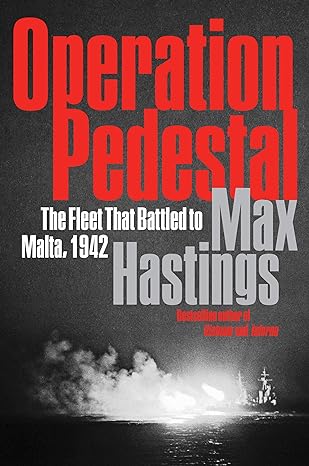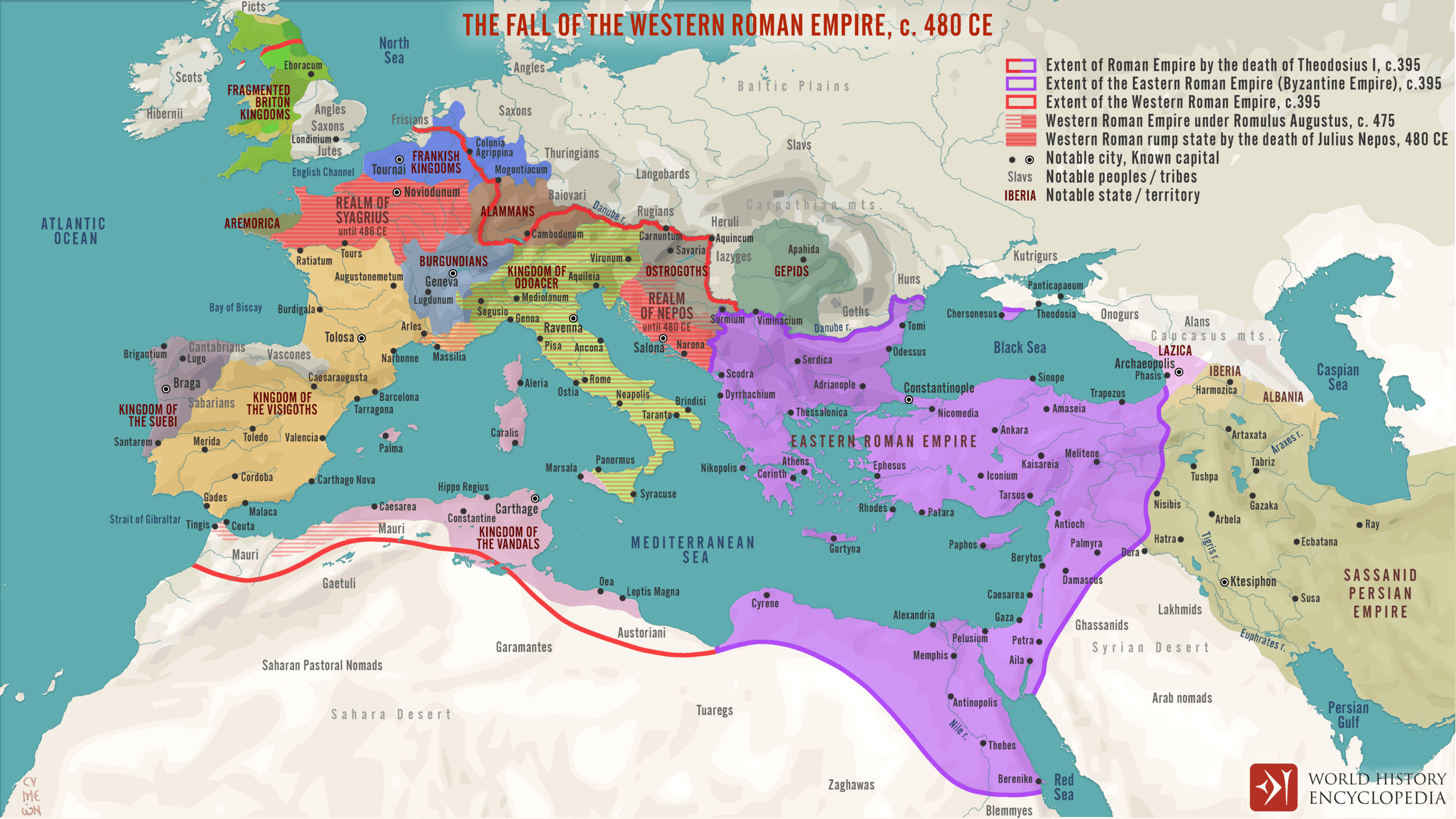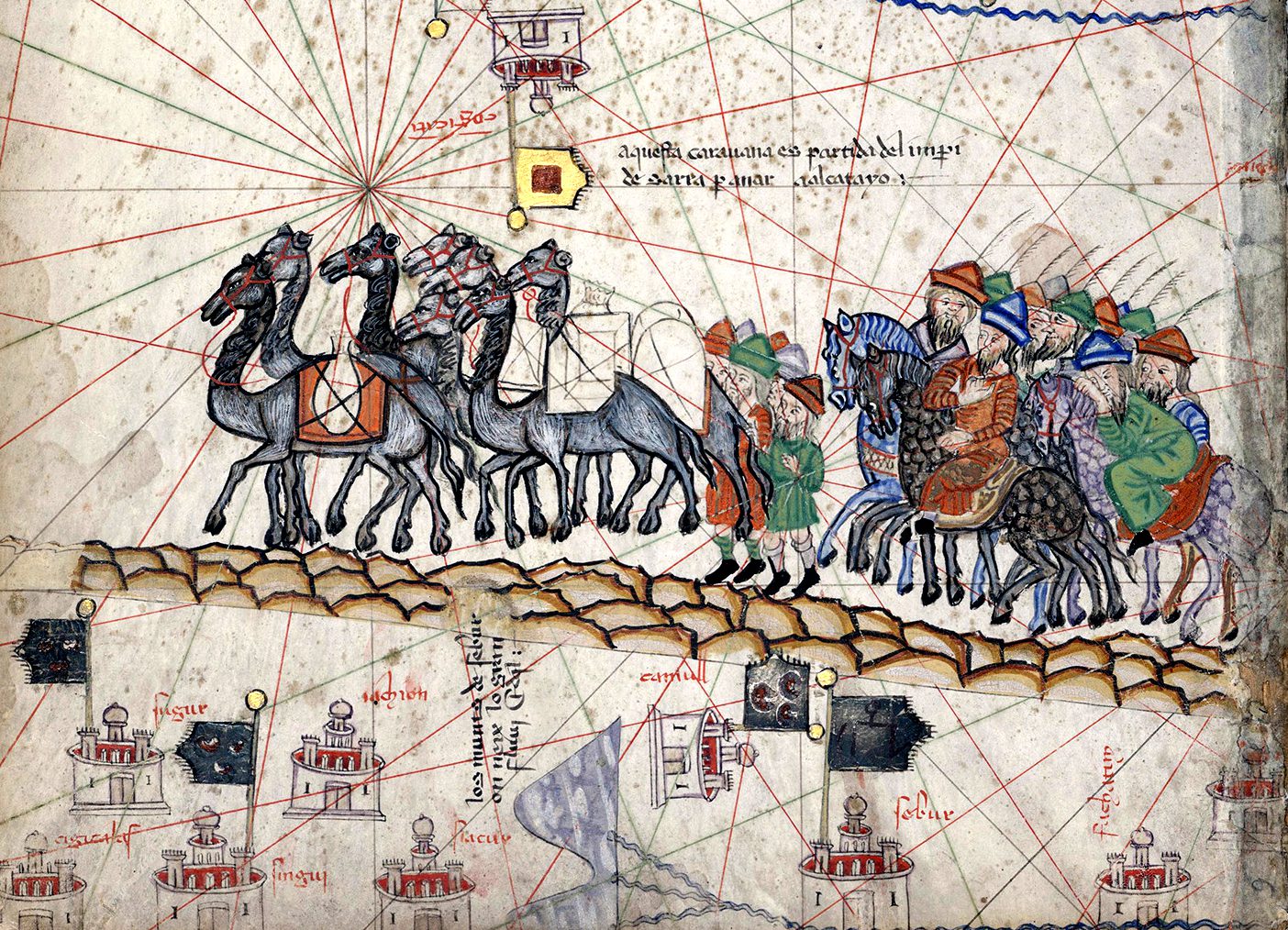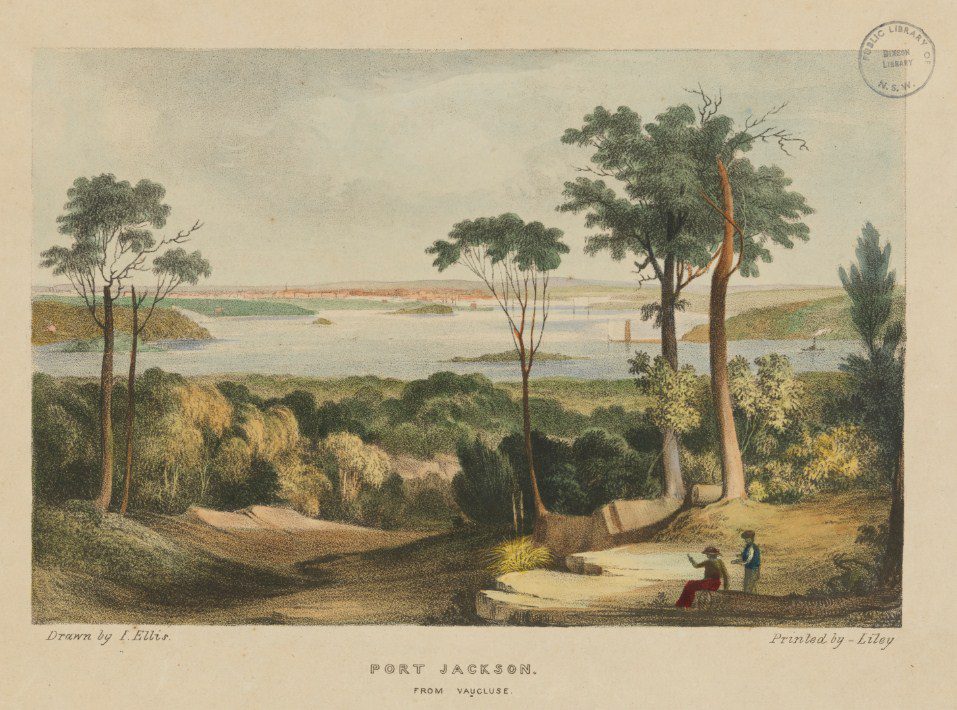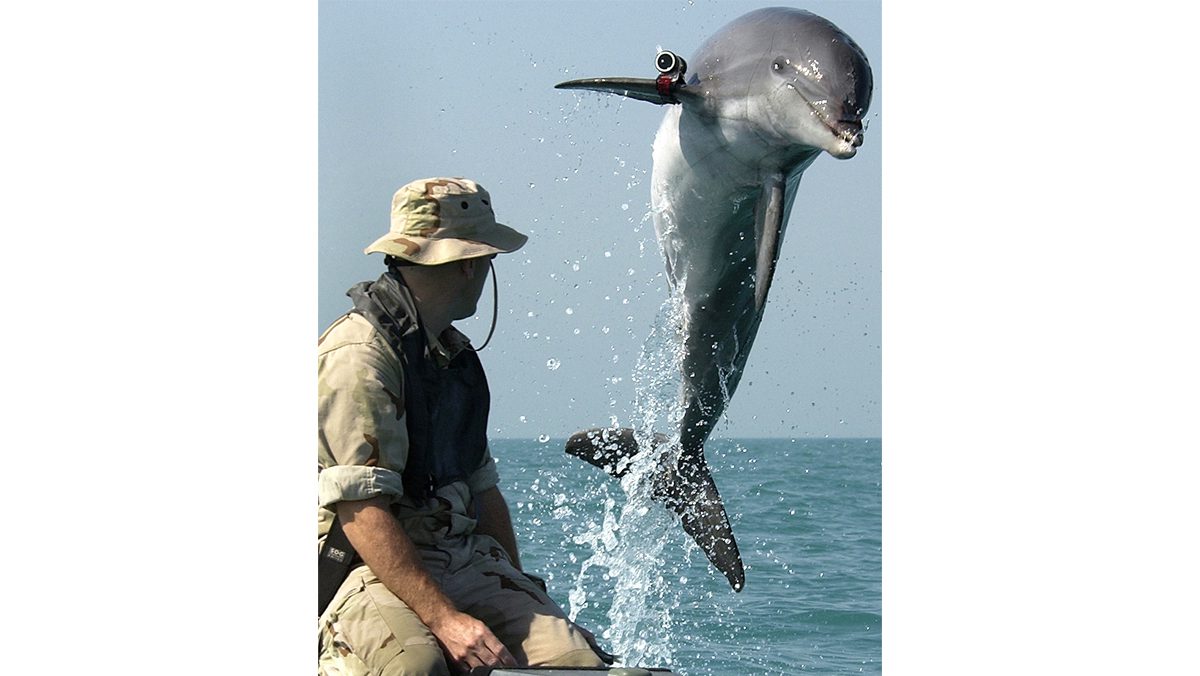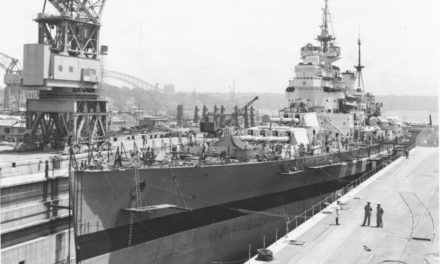Operation Pedestal: The Fleet that Battled to Malta, 1942, by Max Hastings
The #1 Times bestseller and #3 Sunday Times bestseller (May 2021)
Renowned historian Max Hastings recreates one of the most thrilling events of World War II: Operation Pedestal, the British action to save its troops from starvation on Malta—an action-packed tale of courage, fortitude, loss, and triumph against all odds.
In 1940, Hitler had two choices when it came to the Mediterranean region: stay out, or commit sufficient forces to expel the British from the Middle East. Against his generals’ advice, the Fuhrer committed a major strategic blunder. He ordered the Wehrmacht to seize Crete, allowing the longtime British bastion of Malta to remain in Allied hands. Over the fall of 1941, the Royal Navy and RAF, aided by British intelligence, used the island to launch a punishing campaign against the Germans, sinking more than 75 percent of their supply ships destined for North Africa.
But by spring 1942, the British lost their advantage. In April and May, the Luftwaffe dropped more bombs on Malta than London received in the blitz. A succession of British attempts to supply and reinforce the island by convoy during the spring and summer of 1942 failed. British submarines and surface warships were withdrawn, and the remaining forces were on the brink of starvation.
Operation Pedestal chronicles the ensuing British mission to save those troops. Over twelve days in August, German and Italian forces faced off against British air and naval fleets in one of the fiercest battles of the war, while ships packed with supplies were painstakingly divided and dispersed. In the end only a handful of the Allied ships made it, most important among them the SS Ohio, carrying the much-needed fuel to the men on Malta.
As Hastings makes clear, while the Germans claimed victory, it was the British who ultimately prevailed, for Malta remained a crucial asset that helped lead to the Nazis’ eventual defeat. While the Royal Navy never again attempted an operation on such scale, Hasting argues that without that August convoy the British on Malta would not have survived. In the cruel accountancy of war, the price was worth paying.
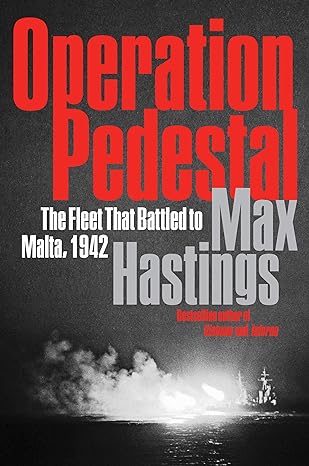
“One of the most dramatic forgotten chapters of the war, as told in a new book by the incomparable Max Hastings“
Daily Mail
“Over this past year of pandemic, we’ve lost so much. People have died, great institutions have gone under, life itself seems permanently altered. Yet one certainty remains: Max Hastings still churns out military histories, and they continue to be outstanding. This book like all the others … is a cracker. With his usual combination of sensitivity to human suffering and superb dramatic instinct, Hastings has given us a gripping tale …The immediacy of this book obliterates the cold detachment that time’s passage usually allows … We feel in our bones torpedoes hitting home … the four-day ordeal British sailors endured … is a drama superbly told …The delight lies in the detail, the percussive power of tiny facts …is what makes Hastings such a superb storyteller”
The Times
“Superb … as ever Hastings gives excellent pen portraits of the personalities involved … Hastings has written many wonderful books … but few combine so well his unique gifts as a historian: an understanding of human nature, a nose for a telling quotation, and the ability to write gripping prose”
Sunday Telegraph
“The white-knuckle ride of Hastings’s gripping narrative … is a high-octane adventure served up with torpedoes, Stuka dive bombers and catastrophic U-boat attacks … heart-stirring …memorable … and highly readable“
Sunday Times
“An eye-level view of mortal danger set against a major inflection point during World War II.”
Wall Street Journal
“A real page-turner… thoroughly researched and reliable.”
Geoffrey Till, The Naval Review
“Those who read Hastings’ meticulously researched and clearly written account of Operation Pedestal will emerge with a greater appreciation of the dangers, continuous stress, and deprivations facing men who went to war at sea in WWII. . . . Hastings’ treatment of this important but not often remarked on campaign belongs on the bookshelf of readers interested in World War II in Europe and of those looking for a reminder of what men can and are willing to do when the need is great and the cause is just.”
American Spectator
“[A] breathtakingly dramatic account . . . . Hastings details the violence and valor of that week with all the elegance for which he is famous. . . . The result is a history at once objective and sympathetic, written with a profound respect for the men—many of them civilians—who faced such immense peril. . . . In expertly recounting their courage and the horrors they faced, Max Hastings has helped ensure the well-deserved immortality of this band of heroes.”
The Objective Standard
Operation Pedestal: The Fleet That Battled to Malta, 1942 – Book
By Max Hastings Hardcover. Renowned historian Max Hastings recreates one of the most thrilling events of World War II: Operation Pedestal, the British action to save its troops from starvation on Malta—an action-packed tale of courage, fortitude, loss, and triumph against all odds. In 1940, Hitler had two choices when it came to the Mediterranean…
Only 4 left in stock
Articles you may also like
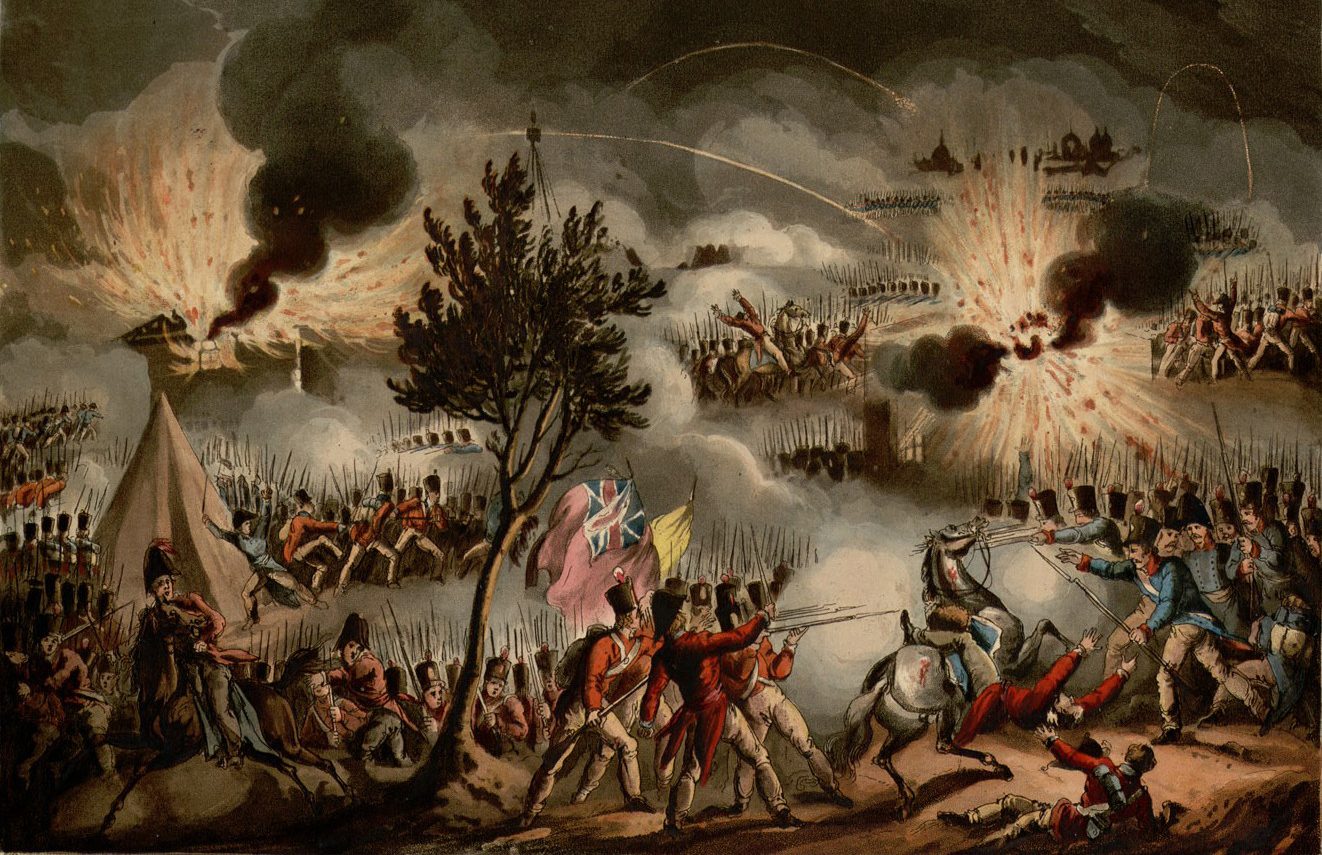
General History Quiz 72
Weekly 10 Question History Quiz.
See how your history knowledge stacks up!
1. Where was the Peninsular War (part of the Napoleonic Wars) fought?
The text of this article was commissioned by History Guild as part of our work to improve historical literacy. If you would like to reproduce it please get in touch via this form.

